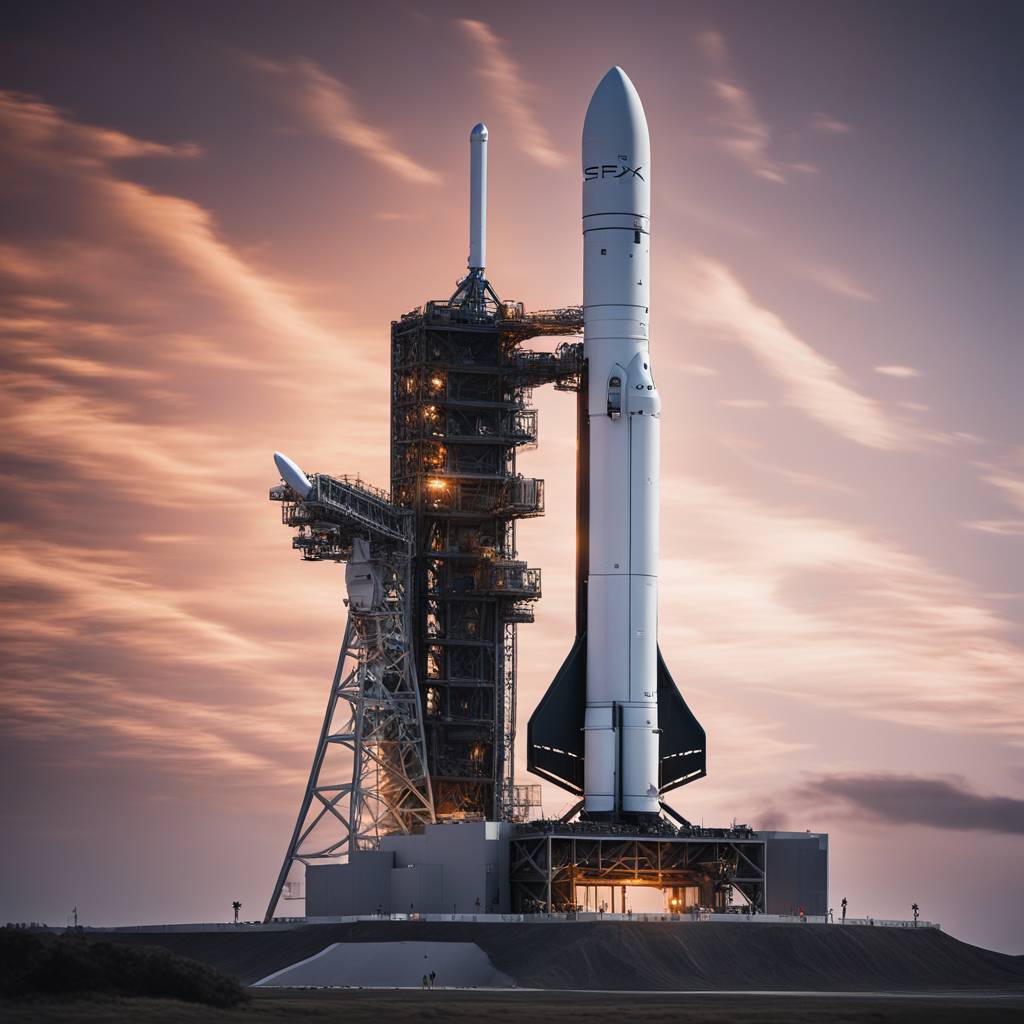nia in 2015, marks a significant advancement in South Korea’s space technology capabilities.
The new satellite, called the CAS500-1, is equipped with high-resolution cameras and sensors that will enable South Korea to better monitor potential threats from North Korea and other countries in the region. The satellite is also capable of capturing images of objects as small as 50 centimeters, making it a valuable tool for intelligence gathering.
In addition to its military applications, the CAS500-1 will also be used for civilian purposes such as monitoring natural disasters, tracking environmental changes, and supporting urban planning. South Korea has been investing heavily in its space program in recent years, with plans to launch additional satellites in the coming years.
The successful launch of the CAS500-1 is a major milestone for South Korea’s space program, demonstrating the country’s growing capabilities in satellite technology. South Korea has been seeking to reduce its dependence on foreign countries for satellite imagery and intelligence, and the new satellite will enhance the country’s ability to gather its own intelligence data.
The development of the CAS500-1 is part of South Korea’s broader efforts to enhance its national security and defense capabilities. In recent years, South Korea has increased its defense spending and modernized its military forces in response to growing security threats in the region, particularly from North Korea.
Overall, the successful launch of the CAS500-1 represents a significant achievement for South Korea’s space program and demonstrates the country’s growing technological prowess. The satellite’s advanced capabilities will enhance South Korea’s ability to monitor potential threats, gather intelligence data, and support a range of civilian applications. The launch marks a step forward in South Korea’s efforts to strengthen its national security and defense capabilities through the development of indigenous space technology.













